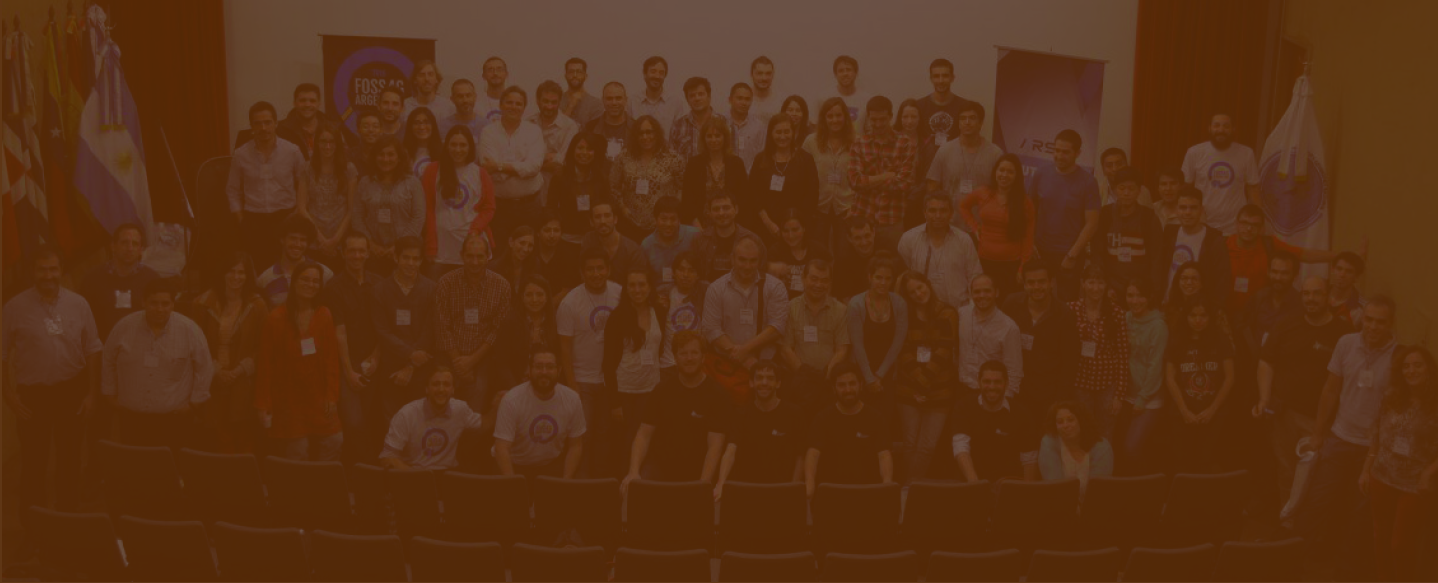2021-09-28, 09:00–13:00, Mercedes Sosa
With a low barrier to entry and large ecosystem of tools and libraries, Python is the lingua franca for geospatial development. Whether you are doing data acquisition, processing, publishing, integration or analysis, there is no shortage of solid Python tools to assist in your daily workflows.
This workshop will provide an introduction to performing common GIS/geospatial tasks using Python geospatial tools such as OWSLib, Shapely, Fiona/Rasterio, and common geospatial libraries like GDAL, PROJ, pycsw, as well as other tools from the geopython toolchain. Manipulate vector/raster data using Shapely, Fiona and Rasterio. Publish data and metadata to OGC web services using pygeoapi, pygeometa, pycsw, and more. Visualize your data on a map using Jupyter and Folium. Plus a few extras in between!
The workshop is provided using the Jupyter Notebook environment with Python 3.
With a low barrier to entry and large ecosystem of tools and libraries, Python is the lingua franca for geospatial development. Whether you are doing data acquisition, processing, publishing, integration or analysis, there is no shortage of solid Python tools to assist in your daily workflows.
This workshop will provide an introduction to performing common GIS/geospatial tasks using Python geospatial tools such as OWSLib, Shapely, Fiona/Rasterio, and common geospatial libraries like GDAL, PROJ, pycsw, as well as other tools from the geopython toolchain. Manipulate vector/raster data using Shapely, Fiona and Rasterio. Publish data and metadata to OGC web services using pygeoapi, pygeometa, pycsw, and more. Visualize your data on a map using Jupyter and Folium. Plus a few extras in between!
The workshop is provided using the Jupyter Notebook environment with Python 3.
- Tom Kralidis (OSGeo tomkralidis@gmail.com)
- Francesco Bartoli (Geobeyond Srl francesco.bartoli@geobeyond.it)
- Angelos Tzotsos (Open Source Geospatial Foundation tzotsos@gmail.com)
- Just van den Broecke (Just Objects B.V. justb4@gmail.com)
- Paul van Genuchten (GeoCat B.V. paul.vangenuchten@geocat.net)
- Jachym Cepicky
- Luís Moreira de Sousa (ISRIC - World Soil Information)
2 - Basic. General basic knowledge is required.
Requirements for the Attendees –Please see https://geopython.github.io/geopython-workshop for details on how to setup the workshop before you attend.
A Gitter channel exists at https://gitter.im/geopython/geopython-workshop for discussion and live support from the developers of the workshop.
The workshop uses Jupyter Notebooks. Jupyter is an interactive development environment suitable for documenting and reproducing workflows using live code.
As the installation of all dependencies on all platforms (Windows, Mac, Linux) can be quite involved and complex this workshop provides all components within a Docker Image.
In addition, geospatial web services like pygeoapi and pycsw in this workshop are provided by Docker images.
The core requirement is to have Docker and Docker Compose installed on the system. Once you have Docker and Docker Compose installed you will be able to install the workshop without any other dependencies.
Tom Kralidis is with the Meteorological Service of Canada and longtime contributor to FOSS4G. He contributes to numerous projects in the Geopython ecosystem.
Tom is the co-chair of the OGC API - Records Standards Working Group, chair of the WMO Expert Team on Metadata, and serves on the OSGeo Board.
Software engineer at GeoCat. PSC member GeoNetwork & pygeoapi. Data discovery, SDI, INSPIRE expert.

